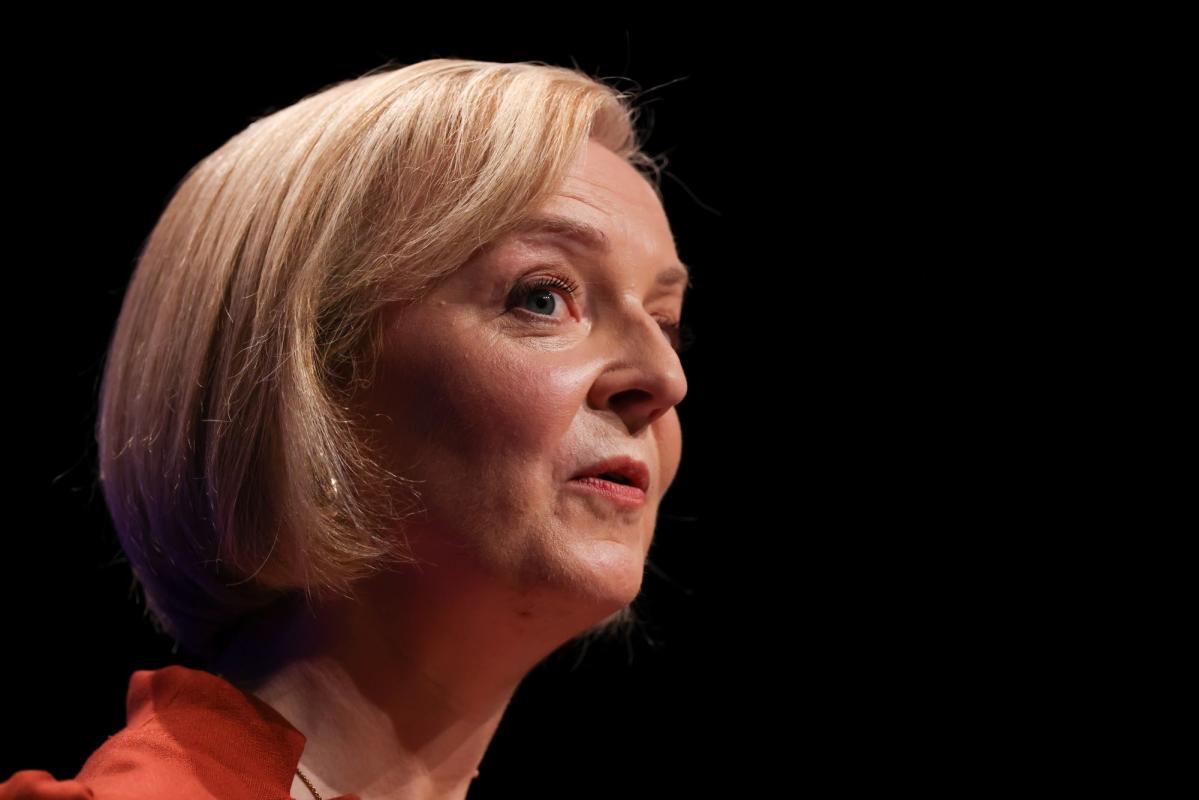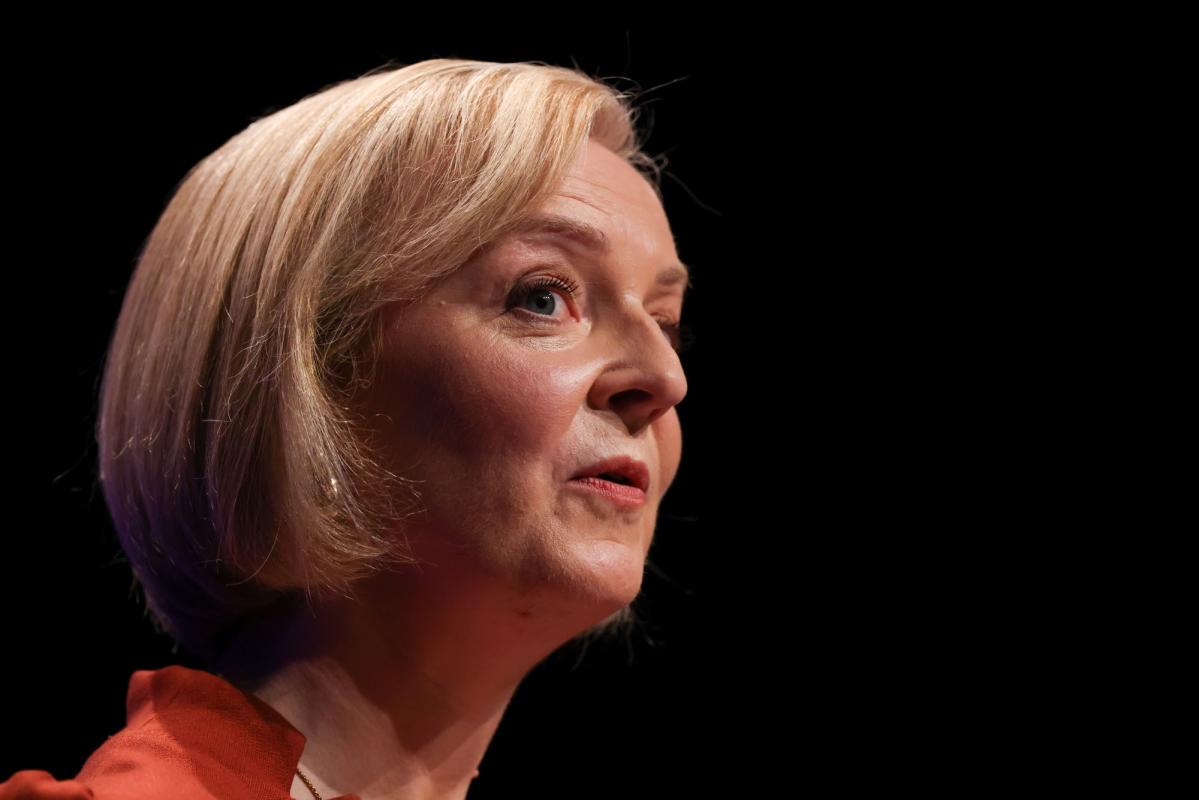
(Bloomberg) — Prime Minister Liz Truss is under sustained pressure from all wings of her ruling Conservative Party to lift UK welfare payments by the rate of inflation, rather than the rise in earnings, the latest in a series of rows with her mutinous party after just over a month in office.
Most Read from Bloomberg
Truss earlier this month hinted she’s considering uprating benefits in line with wages — a move that could save the public purse around £5 billion ($5.5 billion) — despite a promise by her predecessor, Boris Johnson, to match inflation. But she’s facing opposition from MPs in her own Conservative Party, including members of the cabinet, over concerns about giving some of the most vulnerable people a real-terms cut in their income in the middle of a cost-of-living crisis.
Work and Pensions Minister Victoria Prentis on Monday hinted Truss may change her mind, telling Sky News “It’s really important that we make sure that we target the government resources at the most vulnerable.” The premier’s spokesman, Max Blain, told reporters that Truss is open-minded and in listening mode on the issue.
A reversal on the issue wouldn’t be the first for Truss as she seeks to reset her premiership barely a month after taking office. She’s already been forced into a U-turn on her headline plan to scrap the highest rate of income tax, levied on top earners, and on Monday the Treasury brought forward the publication date for its medium-term fiscal plan and a set of independent economic forecasts by more than 3 weeks as it seeks to calm market jitters about its economic plans.
Furthermore, a person familiar with the matter said on Monday that Chancellor of the Exchequer Kwasi Kwarteng’s first choice to head up the Treasury, Antonia Romeo, was knocked out of the running after Truss decided a candidate with greater fiscal experience is needed to soothe markets.
The UK has been beset by market turmoil since Kwarteng on Sept. 23 unveiled the biggest package of unfunded tax cuts in half a century, sending the pound plunging to an all-time low against the dollar, and roiling the gilts market. The Bank of England was forced to intervene to support bonds, and on Monday extended emergency measures backing the debt market through early next month.
In an attempt to heal rifts in the ruling Tories, Truss on Sunday appointed a prominent supporter of her leadership rival Rishi Sunak to a vacant ministerial post. She is also planning a charm offensive by hosting extensive meetings with backbenchers, and she is scheduled to address the 1922 Committee of rank and file Conservative MPs on Wednesday.
But the decision on benefits looms large as a potential flashpoint. Prentis said the government would examine earnings figures out Tuesday, and inflation figures for September — due Oct. 19 — before a decision is made on benefits. The decision — which won’t take effect until April — will probably be announced before the end of November, she said.
“We want to make sure we’ve got the relevant information, not least the inflation figures before making decisions,” Blain said, adding that the government recognizes the “significant interest” in the matter.
Opposition parties have also been heaping pressure on Truss to link the rise in welfare payments to inflation, with Keir Starmer’s Labour Party presenting the Tories as out of touch with the suffering of the lowest-paid families — an issue that’s of particular concern for Conservative MPs in marginal seats.
Rosena Allin-Khan, Labour’s shadow minister for mental health who is also an emergency department doctor, told Sky News on Monday: “We’re seeing people coming in with burns because they’ve used old electric heaters, we’re seeing toddlers coming in with burns from burst hot water bottles because their parents don’t know how to heat the house and they’re using old hot water bottles, taking them to bed with them, and they burst.”
The issue highlights the challenge Truss and Kwarteng face to keep the public finances under control without reversing any more of their £45 billion tax stimulus. That puts the spotlight on what areas of spending can be cut in order to meet plans to stabilize debt as a share of Gross Domestic Product.
Most Read from Bloomberg Businessweek
©2022 Bloomberg L.P.




